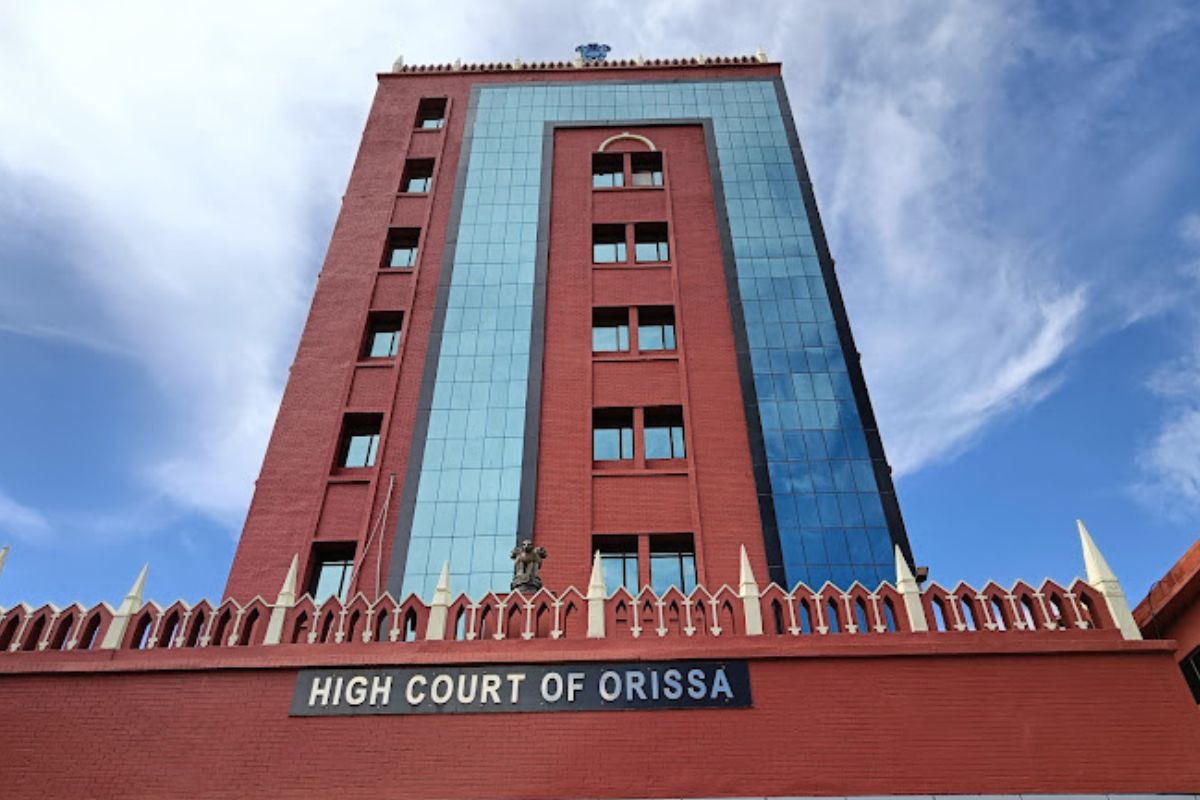The Orissa High Court has asked the Union Ministry of Petroleum and Natural Gas to frame a robust advertisement policy for the oil marketing companies with respect to the safety norms in handling the LPG cylinders and awareness regarding the insurance coverage in case of LPG cylinder blast.
A single bench of Justice Dr. S.K.Panigrahi while awarding Rs 2 lakh compensation to a man injured in a cylinder blast on 27 September 2021 suggested invigoration of public awareness to avert cylinder blast tragedies.
It may so happen that LPG Companies are often contended with supplying their cylinders and accessories but the question of safety related training or insurance coverage are the least discussed topic, the Court observed in the judgment pronounced recently.
The knowledge of insurance coverage, in case of any mishaps due to LPG cylinder blasts, are unknown to thousands of customers. Therefore the Ministry being the guiding angel should ensure that the information about the insurance coverage be circulated properly through mass media and the said insurance coverage related information can be printed at the back side of the money receipt issued to the customers.
“It is, therefore, imperative that the Ministry of Petroleum and Natural Gas should issue detailed advisories to the public sectors oil companies regarding proper generation of public awareness about the provisions of insurance for the victims of gas burn due to LPG cylinder blast and the importance of safety training to the LPG cylinder”, the Court’s order reiterated.
However, this Court is of the view that the Oil/LPG companies in the cases like this where human cost of LPG cylinder explosion is incalculable, behave like a hardcore litigant ignoring the fact that the matter does not fall in the realm of adversarial litigation.
“One can imagine how the thick flames engulf the surroundings and human beings just reduce to ashes or sometimes escape death and end up with deformities”.
It is imperative that the training for staff is essential to ensure health and safety onsite especially when they are carrying dangerous goods, such as gas bottles and cylinders. It is very common in urban and semi-urban areas that a staff of the LPG dealer carries four to five cylinders loaded in a bicycle or in a two-wheeler moped which seem to be hugely unsafe from the point of view of transportation and danger of leakage of the chemical.
There is hardly any gas cylinder safety awareness with staff handling the cylinders on a regular basis nor is there any training to the customers in the form of regular gas bottle safety talks/discussion or mock drill or regular safety clinics or training on emergency response in case of blast.
The training should essentially incorporate the understanding on how to contain the inherent dangers of compressed gas cylinders at the end of the LPG handling staff and customers, knowledge of how to properly move, handle and store cylinders, troubleshooting and emergency procedure in case of leak and emergency response in case of blasts, Justice Dr Panigrahi stated in the judgment.












